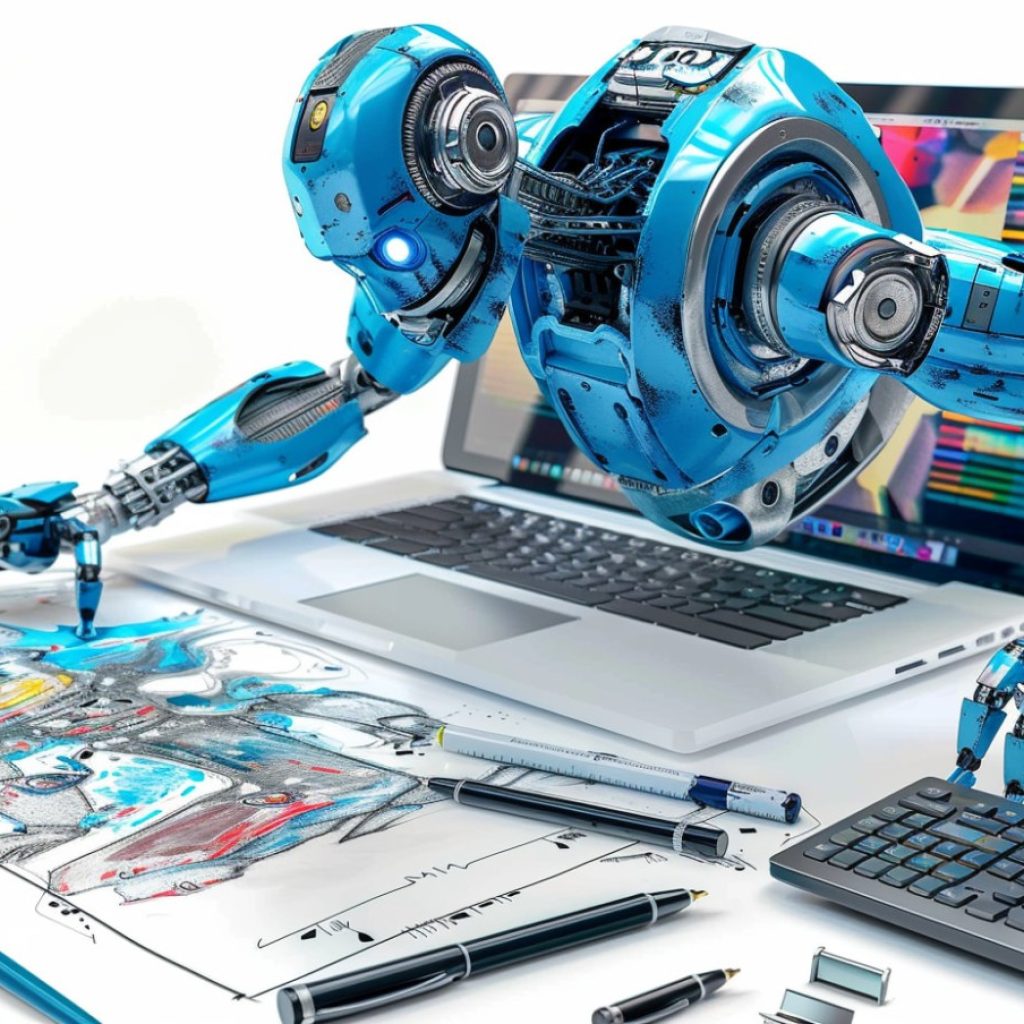OpenAI, the tech company responsible for developing ChatGPT, an artificial intelligence (AI) chatbot, is currently embroiled in a legal battle involving multiple lawsuits alleging copyright infringement. The company is fervently contesting the claims, asserting that its use of copyrighted materials falls within the boundaries of fair use.
In recent months, OpenAI has been hit with lawsuits from authors and comedians who contend that their original works were utilized without authorization to train ChatGPT. The lawsuits include cases from novelists Paul Tremblay, Mona Awad, Christopher Golden, Richard Kadrey, and comedian Sarah Silverman. These plaintiffs argue that OpenAI unlawfully incorporated their creations into the training data for ChatGPT, thus violating their intellectual property rights.
Copyright infringement allegations
The lawsuits specifically claim that OpenAI copied portions of the plaintiffs’ books during the training process of its language models without obtaining proper permission. The plaintiffs argue that ChatGPT’s outputs constitute derivative works of their original content. Moreover, they assert that OpenAI is benefiting commercially from its creative endeavors by offering ChatGPT as a service to its users.
OpenAI vehemently refutes these allegations and maintains that its use of copyrighted works falls within the ambit of fair use, a legal doctrine that permits the limited use of copyrighted material for purposes such as criticism, commentary, education, and research. OpenAI’s legal team contends that ChatGPT transformed the plaintiffs’ works for various applications, resulting in outputs that substantially differ from the sources. They further argue that ChatGPT’s existence does not undermine the market value of the plaintiffs’ works, and instead serves the greater public interest by advancing AI research and innovation.
OpenAI’s defense argues, “Every single ChatGPT output… is necessarily an infringing ‘derivative work’ of plaintiffs’ books,” as claimed by the plaintiffs. However, OpenAI contends that the alleged infringement does not fulfill the criteria of having a “direct financial interest,” a crucial component of copyright infringement claims. They assert that the plaintiffs have failed to demonstrate that OpenAI’s alleged copyright infringement is directly linked to its profits.
Setting a precedent
OpenAI is resolute in its decision to challenge the claims and intends to confront the allegation of direct infringement head-on, to establish a legal precedent that could guide future cases involving similar AI technology. The company asserts its commitment to respecting the rights of authors and artists while ensuring ethical and responsible use of AI systems.
Implications for AI research and development
The outcome of these lawsuits carries significant implications for AI research and development landscape. Should OpenAI lose, it might be required to pay damages and modify its approach to using copyrighted materials in training its models. This could potentially restrict the ability of AI researchers to utilize existing works as part of their training data.
Conversely, a victory for OpenAI could pave the way for other AI researchers to incorporate existing works into their training data without fear of legal repercussions. Such a precedent could potentially expedite AI research and innovation by allowing researchers to tap into a wider array of data sources for training.
Legal battle representation
The plaintiffs in the lawsuits, including Tremblay, Awad, Golden, Kadrey, and Silverman, are represented by Matthew Butterick of the Joseph Saveri Law Firm. Conversely, OpenAI’s representation comes from Andrew Gass, Joseph Wetzel, Sarang Damle, and Allison Stillman of Latham & Watkins.
Interestingly, across the pond in the UK, a parliamentary committee of MPs is deliberating on whether AI developers should be free to utilize existing music, literature, and artworks without charge to train their algorithms for generating new content. The committee argues that such a move could potentially harm the creative industries in the UK.
As OpenAI navigates these copyright infringement lawsuits, the tech industry and legal community eagerly await the court’s decisions. The rulings could substantially influence the future landscape of AI technology, copyright law, and the balance between creativity and innovation. Regardless of the outcome, the cases highlight the modern era’s complex intersection of technology, creativity, and legal protection.





